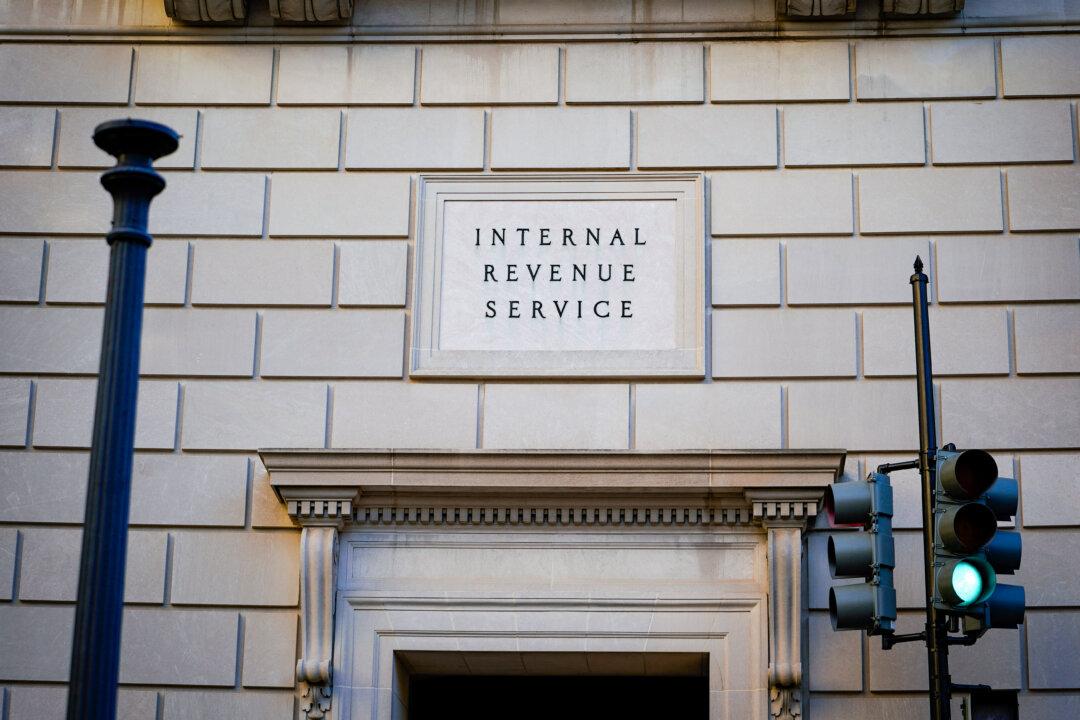The Internal Revenue Service (IRS) has announced that it will make Direct File, its free tax filing program, a permanent option for filing federal tax returns beginning in the 2025 tax season.
IRS Free Tax Filing Program Becomes Permanent and Available Nationwide in 2025
‘Starting with the 2025 filing season, the IRS will make Direct File a permanent option for filing federal tax returns,’ said IRS Commissioner Danny Werfel.

The Internal Revenue Service (IRS) building in Washington on Jan. 4, 2024. Madalina Vasiliu/The Epoch Times




